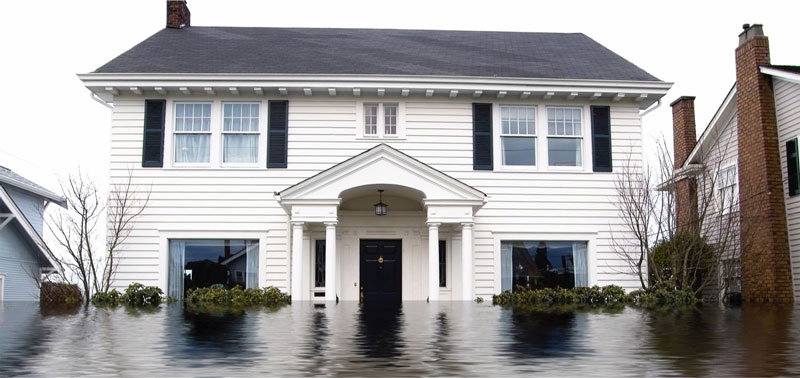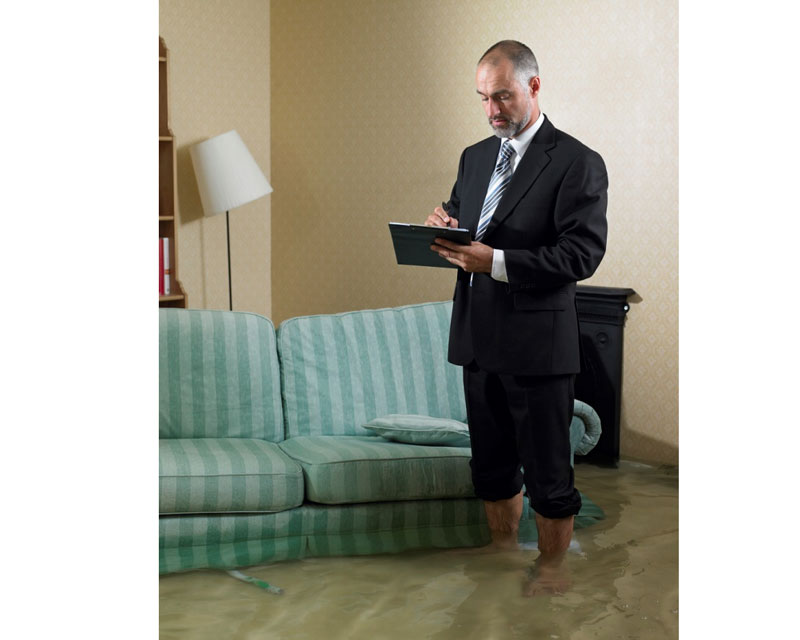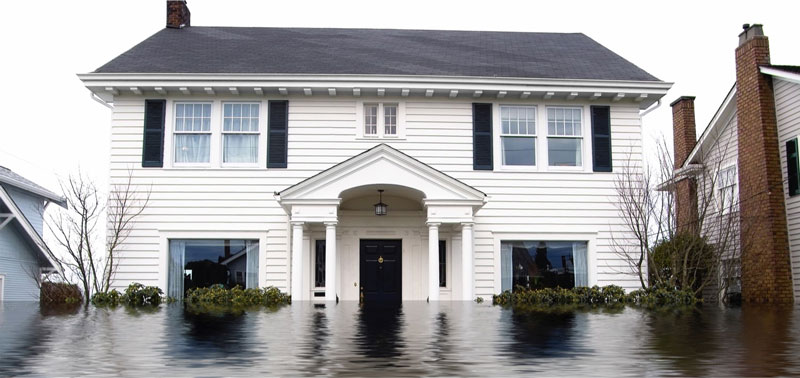A Guide about Flood Claims Adjuster
Advertisement
Triston Martin
Jan 24, 2024
Only a few insurers provide house insurance plans that include coverage for flood damage, but the vast majority of home insurance policies specifically exclude coverage for floods. Flooding and other sorts of water damage are often excluded. If you would like to be sure that your property is protected against flood damage, you must get a separate policy in addition to your house insurance. You may get a flood claims adjuster via the National Flood Insurance Program ("NFIP") or through an insurance firm that offers it as a "stand-alone" policy, depending on your preference.

What You Should Do in this Situation
· Communicate As Soon As Possible
To begin, contact the insurer or representative who offered you the insurance coverage is the first action you need to do. Adjuster will be sent to your location by the insurance company to document the damage you have experienced and submit it to the insurance provider for approval. To be successful, you must move quickly and ask the relevant questions. Suppose you do not double-check to make sure that the adjuster has considered all of your losses and do not offer adequate paperwork to support your claim. In that case, you face the risk of obtaining less compensation than you are entitled to. Follow these recommendations to ensure that you get all of the benefits you are entitled to as soon as possible.
· Make A Thorough Record Of All Losses
An insurance adjuster will analyze the extent of your property damage and then estimate the cost of repairing or rebuilding your home, as well as the cost of replacing your storm-damaged personal belongings, if any. Many insurers require policyholders to list the objects that storms have damaged. As a result, before the adjuster comes, take pictures of each item and note the estimated purchase date and estimated worth of each item.
· Verify The Identification Of The Adjuster
Your insurer may supply you with written information on the adjuster who will be working on your claim if you've signed up for their text messaging service. Alternatively, you might request verification of the adjuster's association with your insurance company. Also, be wary of contractors that want cash deposits as a down payment for repair work.

Consider Using the Services of a Public Adjuster
If you have a substantial claim, a public adjuster may be able to save you time and money while also assisting you in receiving a greater settlement. When you hire a public adjuster, you hire an independent contractor to work on your behalf and represent you in the claim. However, you should be aware of the accompanying expenses. These deductions are regulated in certain jurisdictions, often at 10 to 12 percent of the insurance payment.
Flood insurance plans for homeowners are typically limited to $250,000 in coverage for the structure and $100,000 in coverage for the contents. They are restricted in terms of what they can cover. The majority of policies do not cover personal belongings kept in a basement. However, some private insurers may provide plans with larger coverage limitations. Even though their coverage is limited, hiring a public adjuster may make sense for a flood victim under some circumstances.
Accommodations on a Temporary Basis
The possibility of remaining in your house while construction or repair work is being done exists, for example, in the case of a property with usable rooms above as well as running gas and/or electricity. You should consider whether or not you want to continue to live in the property while construction is taking place. Your insurance company may provide temporary housing for you if you cannot remain on the property, or they may pay you for temporary housing that you have arranged on your behalf. You may stay in a hotel initially and subsequently rent a place to live in the long run. Enquire with your insurance carrier about a timeline for completion of the repairs, as well as an estimate of when you will be able to go back to your house once the repairs are completed.
If you are above the age of majority and/or have a disability, you should be provided with housing that matches your requirements. For instance, wheelchair-accessible entrances are available. Meanwhile, while you are living in temporary housing, you might petition your local government to waive council tax on your flooded house until you can reclaim ownership of the home. You will be required to pay council tax to use the temporary housing.
Conclusion
Working with the adjuster, you and the adjuster must agree on the "scope of damage," which is simply an agreement on what has to be fixed or replaced - without specifying how much money would be spent on it. Make sure you understand what has to be done next and why it needs to be done.
Advertisement







